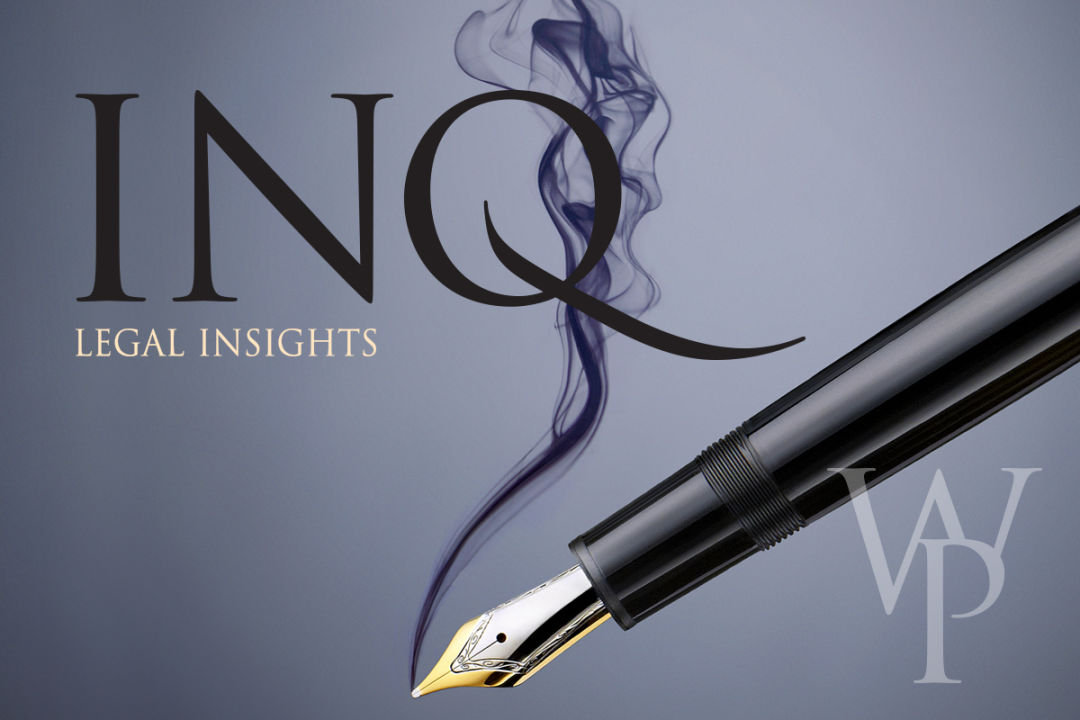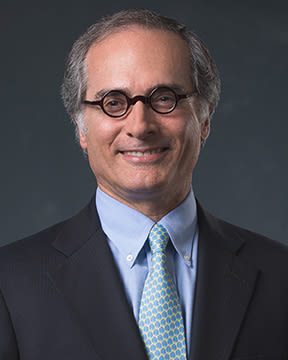Sibling Rivalry? How to Minimize Feuds Over Your Assets

Accumulated Wealth: Minimizing the Possibility of Disputes and Litigation Over Your Assets After You’re Gone
Thanks to the miracles of modern medicine, we live in a time of unprecedented longevity. We are fortunate to still have among us people who fought in World War II and Korea. Both groups are in their retirement years. Their children, known as the baby boomers, are themselves in their 50s and 60s and are beginning to retire.
All of these individuals have lived through several decades in which the United States has been a dominant economic power in the world, notwithstanding periods of recession. Many have been very successful and have accumulated substantial wealth.
At the same time, many have been moving to Florida as they age, drawn by our sunshine, cultural offerings, low taxes, and beautiful environment. The West Coast of Florida—from Naples to the south, and north up to Clearwater, St. Petersburg, and Tampa—has been a magnet for this migration. Sarasota and Bradenton sit between these points.
As these individuals move to Florida and eventually pass away, there is a great transfer of wealth underway. It’s important for them to put their affairs in order before it’s too late by preparing an estate plan that will pass along their assets as they intend—and do it in the most tax-efficient manner possible. The best way to do that is to engage the services of a highly respected estate planning lawyer who will understand their desires and help them put in place a plan that accomplishes their goals.
However, even the best laid plans can give rise to controversies. These typically surface when a surviving spouse or child learns of the estate plan and says, “How strange. That sure doesn’t reflect what he told me.”
The Nature of Disputes and Their Resolutions
It’s helpful to put these controversies into a social context to understand why they are more common than you may surmise. Because the last half-century or so has been a time of great social change, it’s not uncommon to encounter affluent people who have been through multiple marriages and who have children from prior marriages, their families often separated by great distances. This can lead to issues of sibling rivalry, dysfunctional relationships, and a sense of entitlement.
Avoid procrastination. Don’t wait for the ravages of a serious illness before you put your estate plan in place. If you wait until you are ill, your medical records and the testimony of doctors, nurses, caregivers, and others may become important. Avoid giving a potential contestant something to focus on in challenging your capacity or arguing you were the subject of undue influence. Having the operative documents prepared during a time when you are in reasonably good health can be helpful in defending an estate plan.
Consider providing a handwritten letter to your lawyer. Discuss with your lawyer whether it might be helpful to write a letter to be placed in your estate planning file. If appropriate, the letter may be revealed if litigation occurs. If disputes arise, there it is: in your own hand. The letter can explain your decisions to treat people differently regarding tangible personal property and financial gifts—and it can be valuable in defending your estate plan.
When disputes arise, they are often resolved through probate and trust litigation. This area of practice includes will contests, trust contests, disputes related to the administration of probate, wills and trusts, and other inheritance disputes.
You cannot eliminate the possibility of litigation, but there are ways to make it less likely. There are lawyers who review disputes and sue to challenge estate plans, and their clients have access to the court system. Litigation is an adversarial process to resolve disputes by judge or jury. It is also part of the society in which we live. Let’s examine the dispute process more closely so you can understand how to mitigate the chances that your estate plan will be challenged.
While there are several legal theories available to someone who might attempt to attack an estate plan, the following are two we see more often than others.
The first theory is lack of testamentary capacity. This can be boiled down to three elements: whether the testator knew and understood the natural objects of his bounty (the identity of his spouse, his children, his grandchildren, etc.); whether the testator understood the nature and extent of his property; and whether the testator understood the practical import of the document to be signed.
The second theory is undue influence. This allegation can be wrapped in assertions of diminished capacity or full capacity. The heart of the allegation is that the testator was subject to undue influence perpetrated upon him or her by another individual. It is a fact-driven analysis often the subject of circumstantial evidence. Importantly, the gist of the claim is that the testator’s free will was overwhelmed by another such that the document (or a particular gift in the document) reflects not the intent of the testator, but the intent of the perpetrator. The key here is the allegation that any influence was “undue.” This is distinguished from influence that is not “undue.” The claim does not arise by one person influencing another: the wrongdoing is the “undue” nature of the influence such that the document signed by the testator reflects the intent of someone other than the testator.

Trying to Protect Your Estate Plan
Fortunately, when you make an estate plan, there are things you can do during the planning process to assist the litigator who may have to defend your estate plan.
Avoid procrastination. Don’t wait for the ravages of a serious illness before you put your estate plan in place. If you wait until you are ill, your medical records and the testimony of doctors, nurses, caregivers, and others may become important. Avoid giving a potential contestant something to focus on in challenging your capacity or arguing you were the subject of undue influence. Having the operative documents prepared during a time when you are in reasonably good health can be helpful in defending an estate plan.
Consider providing a handwritten letter to your lawyer. Discuss with your lawyer whether it might be helpful to write a letter to be placed in your estate planning file. If appropriate, the letter may be revealed if litigation occurs. If disputes arise, there it is: in your own hand. The letter can explain your decisions to treat people differently regarding tangible personal property and financial gifts—and it can be valuable in defending your estate plan.
Carefully consider your nominated fiduciary. If your documents were validly executed, your fiduciary will defend them. In certain instances, an individual fiduciary might be a wise choice. However, the selection of a corporate fiduciary, such as a bank or trust company, can have advantages. The fiduciary stands in your shoes and defends the final expression of your intent in your documents. This is normally straightforward, but a family member or other individual may have conflicting agendas that are unknown to you. You might wish to have both a corporate fiduciary and an individual fiduciary; these are possibilities to discuss with your lawyer.
Maintain the integrity of the lawyer-client privilege and the duty of confidentiality. You have a lawyer-client privilege with your lawyer under the Florida Evidence Code. Your lawyer has a duty of confidentiality to preserve your confidences under the Florida Rules of Professional Conduct. Keep it private. Avoid having other people involved in what you’re doing and why you’re doing it. You might wish to pull a family member into the estate planning process. If so, then at certain times, that individual should be excused from conferences so you can have conversations strictly between you and your lawyer. This can be important if litigation occurs over your estate where your lawyer may become an important witness in defending your estate plan.
Choose your lawyer carefully. Because your lawyer may be called upon as an important witness in defense of your estate plan, his or her credibility is critical. Typically, issues will be explored in litigation regarding whether the documents prepared by the lawyer accurately reflect your intent. The lawyer will have important testimony to offer, which bears on your capacity. While undue influence may not be obvious to your lawyer, his or her observations regarding those around you and the chronology of certain events can be very important. He or she will maintain files, and the contents of those files may shed light on issues being litigated. Your choice of lawyer is important in defending an estate plan.
Inevitably, controversies are part of life—and sometimes of death. The risk of litigation cannot be eliminated. However, there are steps you can take to minimize the risk and to enhance the probabilities of your estate plan being upheld after you are gone.

Mark A. Schwartz is a Williams Parker shareholder. He chairs the firm’s Probate & Trust Litigation practice, which focuses on inheritance-related litigation and contested probate and trust proceedings.
About Williams Parker
The law firm of Williams Parker was founded in 1925. We focus on employers, developers, high net worth families, and nonprofits. The firm serves clients wherever their legal needs arise. We have one of Florida’s largest trusts and estates practices; tax and employment groups with significant depth; and accomplished real estate, litigation, and corporate practices.



